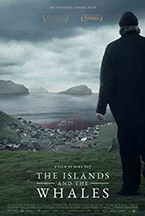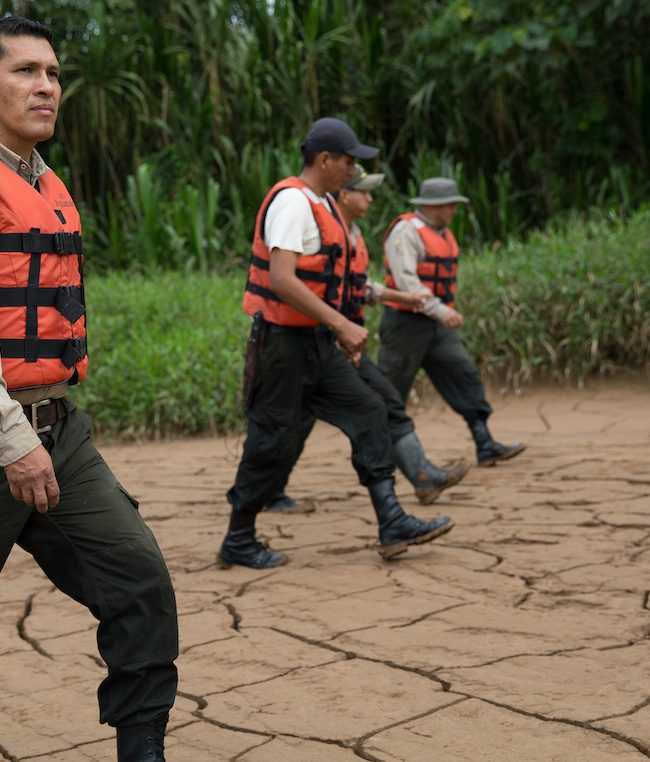THE ISLANDS AND THE WHALES

(The Annapolis Film Festival kicked off March 30 and wrapped up April 2. Here’s some coverage from the fest…)
From director Mike Day (The Guga Hunters of Ness) comes a work of visual anthropology that is as mesmerizing as it is disturbing. Set in the Faroe Islands, an archipelago in the North Atlantic that is part of Denmark (though self-governing), The Islands and the Whales explores the challenges of a culture forced to reexamine its long-standing whaling tradition in the face of global criticism and the very real dangers of mercury poisoning. To the diehard old-school fishermen, neither threat much matters, but to those with minds opened to the actual facts, the daunting task of convincing their fellow Faroese to alter ancient habits comes hard. So, most likely, did the making of this masterful film, shot in sometimes-difficult terrain, which presents a remarkably even-handed treatment of the arguments on both sides. Be forewarned, however: as in both The Cove and Blackfish, there is some very horrifying footage of cetacean hunting.
Depending on how one feels about humanity’s right to kill at will, or about the arrogance of Western nations lecturing those they deem less enlightened, you may have a different reaction to those scenes than did I. But I say this: tradition is the worst argument one can mount to rationalize acts that can no longer be justified with present-day knowledge. We are now aware, for instance, that whales are sentient creatures with elaborate social structures. We also know that oceanic pollution – in this case, rising levels of mercury – becomes more concentrated as one moves up the food chain. Ergo, a whale – which eats a lot of fish, which eat a lot of other fish and plankton, all affected by the mercury – is not fit for consumption, even if one rejects the sentience argument (which you shouldn’t). The site of parents blithely feeding their children whale meat, after we hear the risks that poses to intellectual development, is as chilling as watching intelligent mammals being slaughtered on a beach.
Why do either (that is, kill and eat whale), then? Oh, right, tradition. Lots of other things that used to be so justified – slavery, ethnic genocide, lack of universal suffrage for women and minorities, female genital mutilation (all still ongoing, sadly) – are generally now regarded by significant percentages of the world as wrong. Cultures change and evolve. To be fair, and as the film makes very clear, there are not a lot of other options for the Faroese, and we who object to their practices, or fear for their children, must do more than lecture. At one point in the film, the actress Pamela Anderson arrives with the crew of the Sea Shepherd (a marine conservation vessel) to stop the whale hunt. Let’s just say that their methods are not particularly effective. Whatever one’s emotional response to the material, however, there is no doubt about Day’s skill as a storyteller and ethnographer. Beautifully photographed and perfectly edited, The Islands and the Whales is a powerful, if challenging, documentary that needs to be seen.
– Christopher Llewellyn Reed (@ChrisReedFilm)











